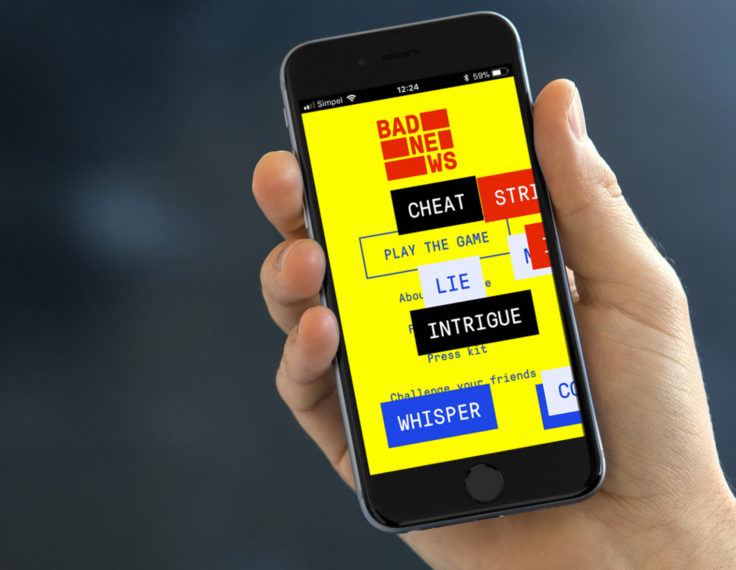
The anatomy of credulity and incredulity: A hermeneutics of misinformation
Carolyn N. Biltoft
This essay explores the historical process by which the birth and expansion of information systems transformed the relationship between “faith” and “fact.” The existence of recurring forms of credulity and conversely denial—from holocaust denial to climate change denial—suggests that patterns of belief and disbelief will not be easily resolved either with fact-checking or with the regulation of the press.

Engaging with others: How the IRA coordinated information operation made friends
Darren L. Linvill and Patrick L. Warren
We analyzed the Russian Internet Research Agency’s (IRA) 2015–2017 English-language information operation on Twitter to understand the special role that engagement with outsiders (i.e., non-IRA affiliated accounts) played in their campaign. By analyzing the timing and type of engagement of IRA accounts with non-IRA affiliated accounts, and the characteristics of the latter, we identified a three-phases life cycle of such engagement, which was central to how this IRA network operated.

Misleading tobacco content is on the rise on YouTube
Daniel Romer, Zachary Reese and Patrick E. Jamieson
A content analysis of popular videos on YouTube containing tobacco-relevant material revealed five categories of misleading content about tobacco use in 2013. A re-examination in 2019 of the most heavily viewed exemplars of these categories identified in 2013 revealed a striking increase in viewership in all categories but especially in the portrayal and promotion of vaping.

Pausing to consider why a headline is true or false can help reduce the sharing of false news
Lisa Fazio
In an online experiment, participants who paused to explain why a headline was true or false indicated that they were less likely to share false information compared to control participants. Their intention to share accurate news stories was unchanged. These results indicate that adding “friction” (i.e.,

Prebunking interventions based on “inoculation” theory can reduce susceptibility to misinformation across cultures
Jon Roozenbeek, Sander van der Linden and Thomas Nygren
This study finds that the online “fake news” game, Bad News, can confer psychological resistance against common online misinformation strategies across different cultures. The intervention draws on the theory of psychological inoculation: Analogous to the process of medical immunization, we find that “prebunking,” or preemptively warning and exposing people to weakened doses of misinformation, can help cultivate “mental antibodies” against fake news.
